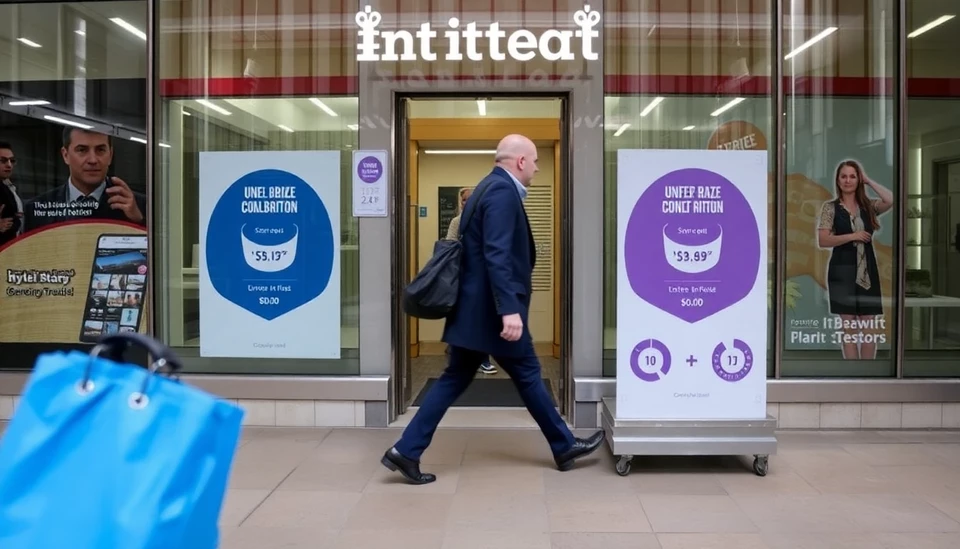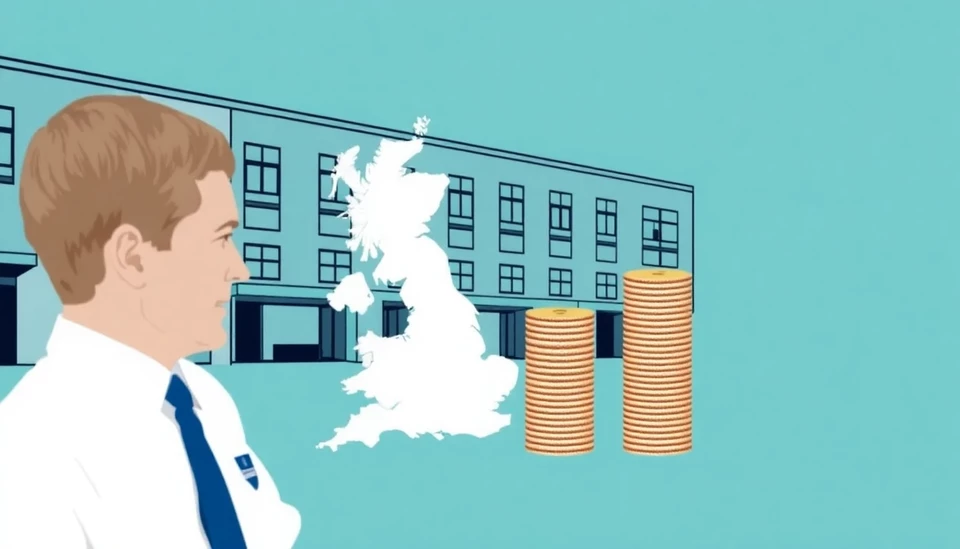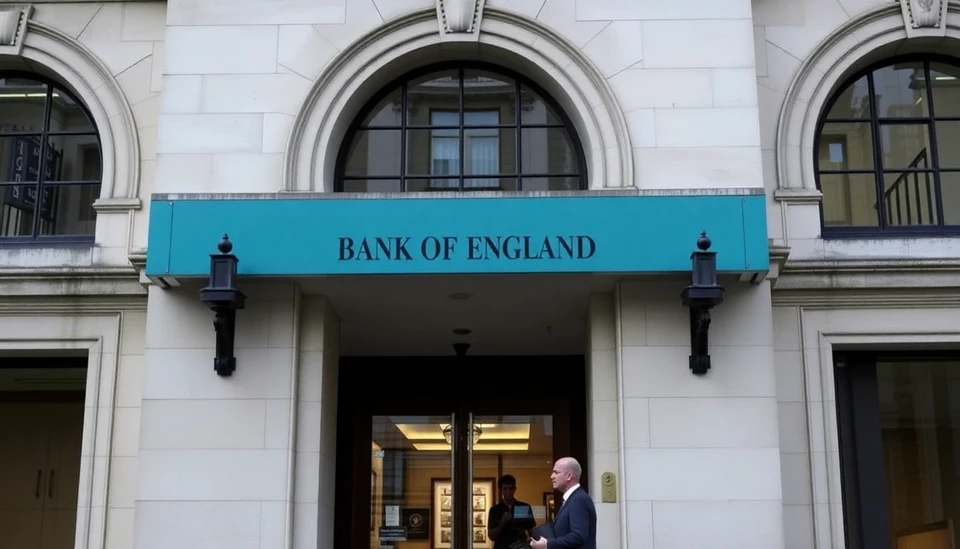
Recent analyses by a group of academics have raised significant questions about the accuracy of official inflation statistics released in the United Kingdom. These analyses argue that the reported levels of inflation may be overstated, prompting both policymakers and the public to reassess their understanding of the economic climate.
The discussion surrounding inflation has been particularly relevant given the UK’s current economic challenges, marked by rising living costs and pressures on disposable income. As many households and businesses struggle with the consequences of increased prices, any potential discrepancies in inflation reporting add another layer of complexity to an already contentious issue.
According to the academics, the methodologies employed by the Office for National Statistics (ONS) might not adequately reflect consumer experiences. Critics point out that existing statistical models could misrepresent how everyday spending habits have evolved during periods of rapid price changes.
Specifically, it has been highlighted that the basket of goods and services used to calculate the Consumer Price Index (CPI) may fail to account for shifts in consumer behavior and preferences, particularly as inflation has surged to levels not seen in decades. As individuals adapt to economic pressures, they might alter their purchasing behavior—switching to less expensive alternatives or forgoing certain products altogether—and this can distort the true cost of living.
Furthermore, the academics are advocating for a more frequent reevaluation of the measurement methodologies to better reflect real-world conditions. They argue for a dynamic approach that considers how inflation is experienced differently across various demographics and regions within the UK.
This debate around the reliability of inflation statistics comes at a critical time when investors and consumers are closely monitoring economic indicators to make informed decisions about spending and investment strategies. Recognizing the potential for inflated inflation rates could impact monetary policy decisions and the direction of fiscal measures aimed at stabilizing the economy.
As the UK government and the Bank of England navigate these turbulent economic waters, the implications of these findings are profound. An accurate understanding of inflation is vital, as it drives interest rates, influences wages, and affects overall economic growth prospects. Any reconsideration of current inflation metrics could necessitate a broader discussion on economic policy, potentially leading to significant shifts in how inflation is addressed in the future.
As these conversations continue, stakeholders in both public and private sectors will need to keep a close eye on the developments around inflation measurement. Understanding the nuances and potential errors in current reporting can enable more strategic planning and investment, ultimately providing a clearer picture of the UK's economic health.
#UKInflation #Economics #EconomicPolicy #ConsumerPriceIndex #BankOfEngland #CostOfLiving #Economy #FinancialStability #InflationDebate
Author: Rachel Greene




